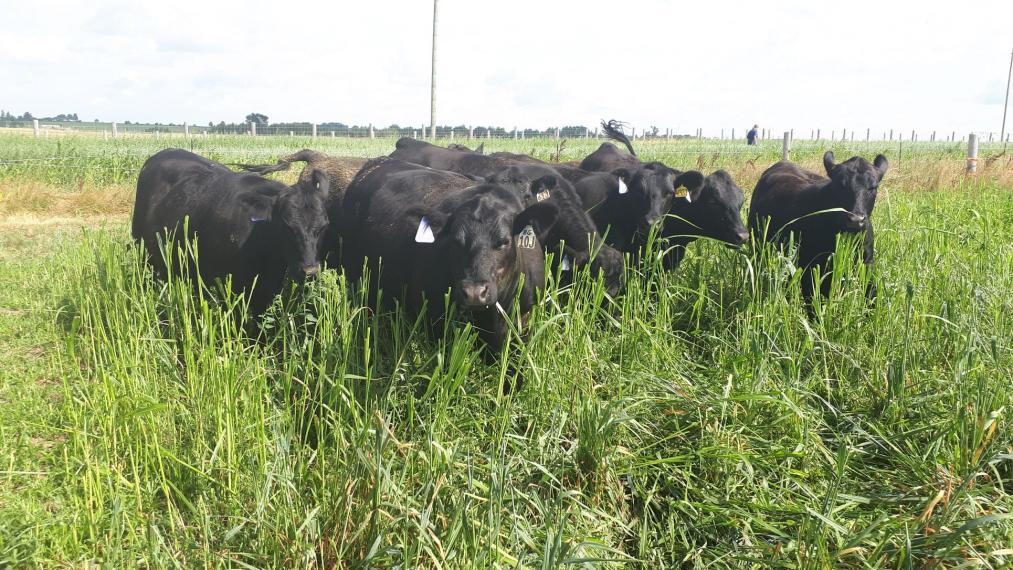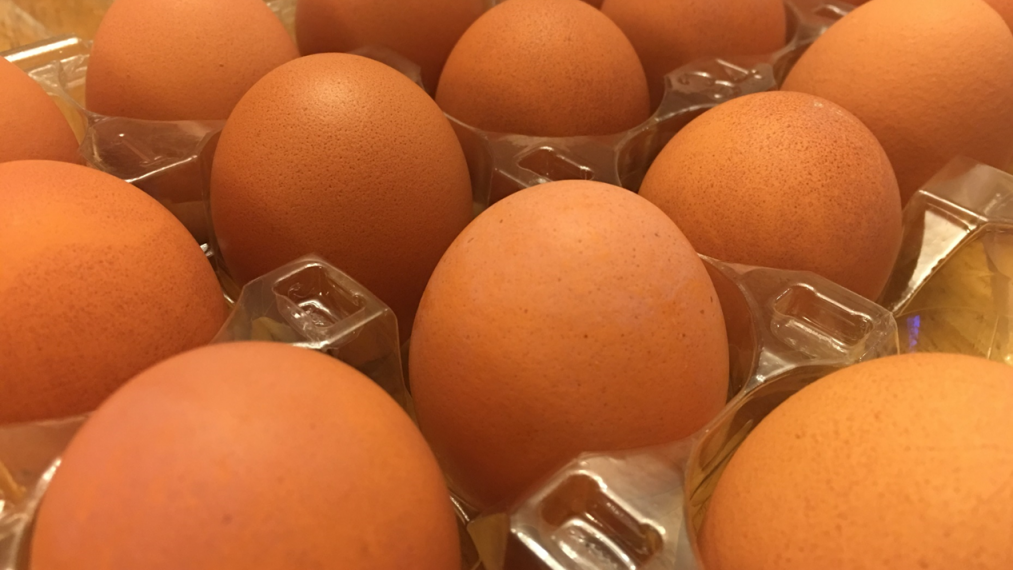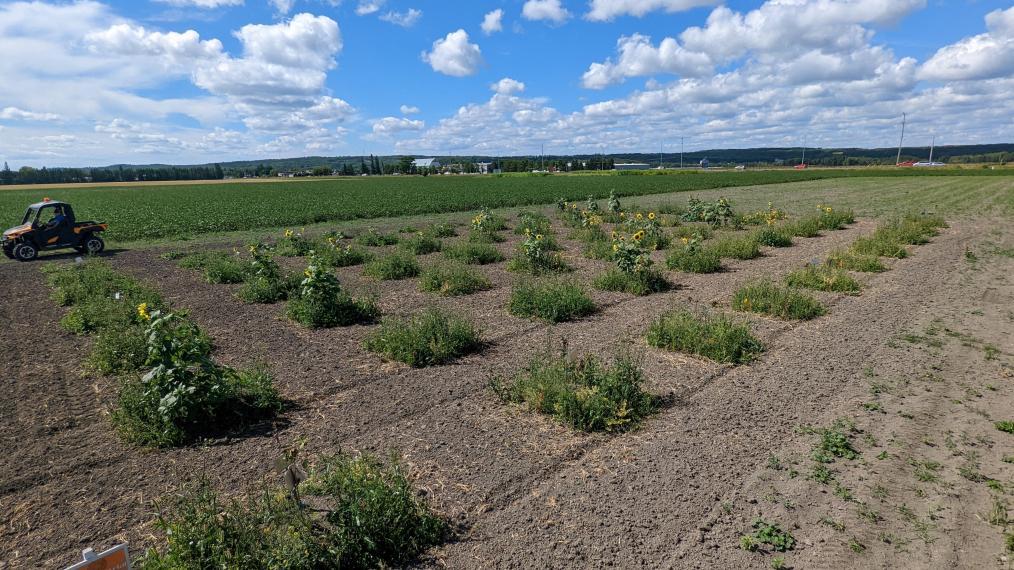Alliance-funded research leads to development of new, cost-effective technology that will improve data accessibility
After being tested, cameras that cost about $900 less than those currently used will be installed on each of the 18 lysimeters at the Ontario Crops Research Centre in Elora.



